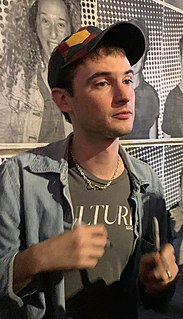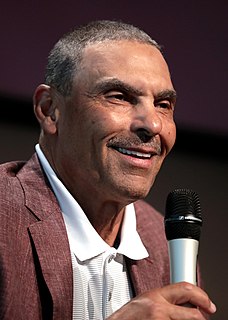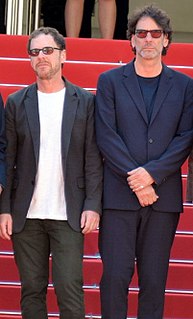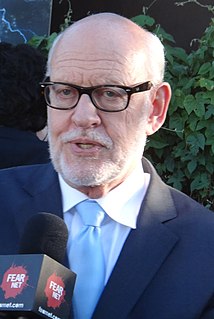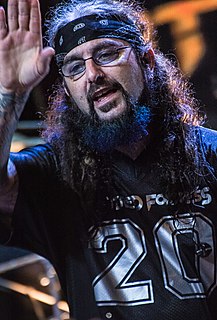A Quote by Tom Sturridge
In England, theater auditions are gentler experiences. You sit down with the director and talk about the play.
Related Quotes
There's a good television programme called 'Disco 2.' It's quite good but again it's average, average. It's all on a down play. You know we've got this thing in England to be hip is to speak very down - like John Peel. And that just about sums up England. They don't realize when they talk like that, then that is what they represent - absolutely.
Being on a film set is like being in tech forever. In theater, when you finally finish rehearsing, you go onstage and you do the lights and the sets and you make the machine of the production work. It takes usually about ten days in the theater, two or three weeks if it's a really big musical. I mean, it's hell on earth. You just sit around forever while they adjust the lights. And every playwright with half a brain runs for the hills when tech starts because it's so boring, and you don't want to talk to the director because the director is running this giant machine.
Before writing a single note of music, and even before the spotting session, I find it best to sit down with the director and just listen to him or her talk about the film - what they're trying to say, what they want the audience to understand or believe, and a thousand other similar questions. The director has most likely been living with the film for years before a composer is attached, and so the director's inclinations, desires, and understanding of the film are paramount.
One of the good thing about theater in the states, is that the playwright we do have a say, especially in the beginning, when the play is being discussed around the table. We talk about the play, and the actors listen, and there have been cases, you disagree on something... I mean, actors don't usually tell you what they're going to do, they do it. Of course, you try to speak with the director and say, "Is there any way you can bring this actor to do something different?" You try as much as you can, but then, you also have to be open to interpretation.
The most important thing in all human relationships is conversation, but people don’t talk anymore, they don’t sit down to talk and listen. They go to the theater, the cinema, watch television, listen to the radio, read books, but they almost never talk. If we want to change the world, we have to go back to a time when warriors would gather around a fire and tell stories.
I understand what's going on, and when I see the fervor, when I see 25,000 people that have seats and not one person during an hour speech will sit down, I say sit down everybody, sit down, and they don't sit down, I mean, that's a great compliment but I do understand the power of the message. There's no question about that.
I've been a little disappointed in directors in America. I'm really after a theater that doesn't just deal with the actual texts that I brought in. But with a director that really deals with images too, that takes the play to another level. We have to remember that theater takes place in the third dimension, and we have to take into consideration the visual aspect of the play. I think images are important for the theater. Because I do write images.
